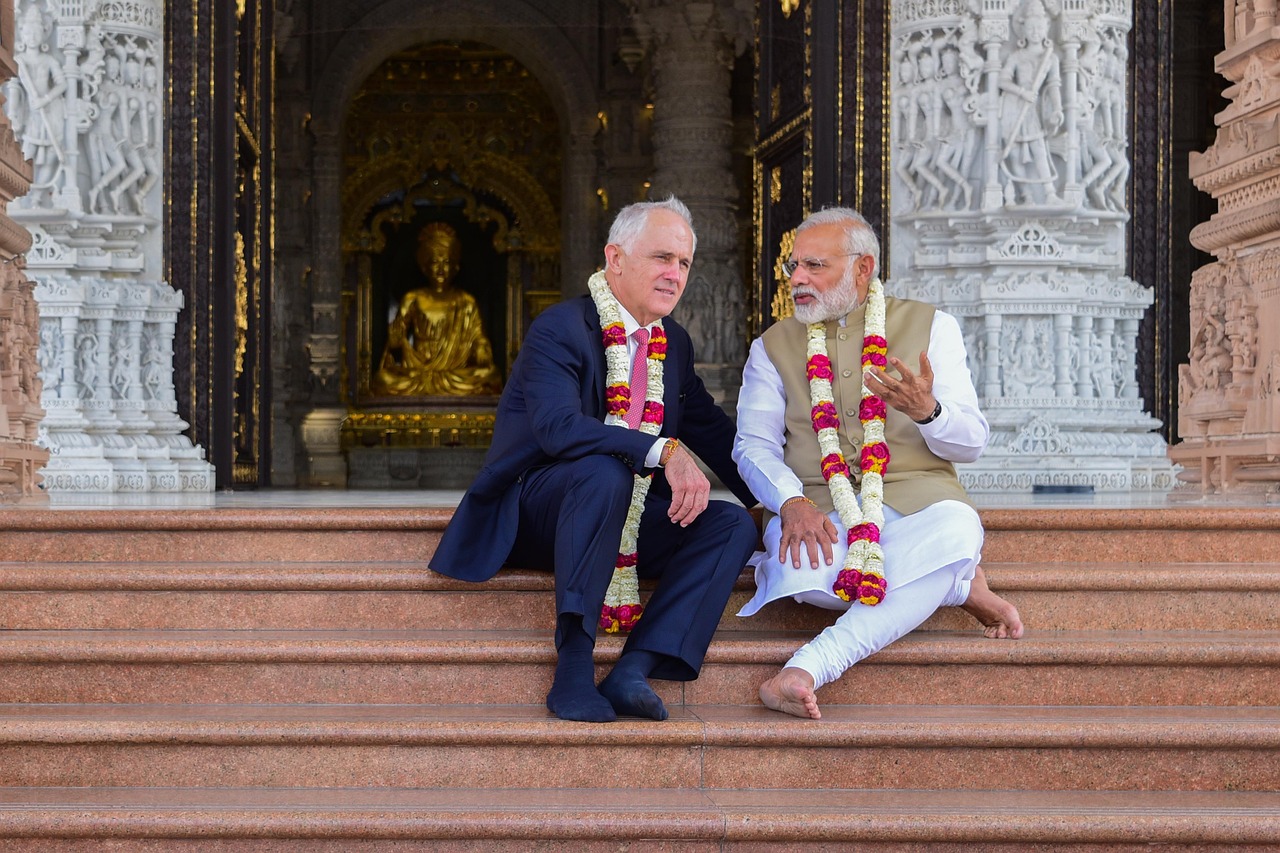The Intersection of Climate Change Policies and Election Campaigns
With the growing concern over climate change, political parties around the world are recognizing the importance of addressing environmental issues in their election campaigns. In recent years, we have seen a shift towards a more proactive approach to incorporating climate change policies into party platforms as a way to appeal to a broader base of voters. This strategic move reflects a recognition of the increasing public demand for action on environmental issues, thereby influencing the political discourse during election campaigns.
Moreover, the impact of climate change policies on election campaigns extends beyond party platforms to shape the narrative of the entire electoral process. Candidates are now being evaluated not only on their stance on traditional political issues, but also on their commitment and proposed solutions to combat climate change. This shift in voter expectations has forced political parties to adopt more comprehensive and ambitious environmental policies in order to remain relevant and competitive in the electoral arena.
The Role of Political Parties in Shaping Climate Change Policies During Campaigns
Political parties play a crucial role in shaping climate change policies during election campaigns. Each party’s stance on environmental issues is a key aspect of their platform, influencing voters’ decisions at the polls. The policies proposed by political parties can vary widely, from ambitious plans for renewable energy to more cautious approaches focused on economic stability and growth. These differences in perspective reflect deeper ideological beliefs and priorities within each party.
In addition to presenting their own climate change policies, political parties also engage in debates and discussions on the topic. These interactions are essential for highlighting the nuances of each party’s position and helping voters understand the potential impacts of different policy choices. Furthermore, the ability of parties to collaborate and find common ground on climate change issues can have a significant influence on the overall direction of government action on this critical issue.
Public Opinion on Climate Change and Its Influence on Election Outcomes
Public opinion plays a crucial role in shaping election outcomes, especially regarding the issue of climate change. With a growing awareness of the environmental challenges facing our planet, voters are increasingly pushing for stronger policies to address climate change. Political candidates who align with these sentiments tend to resonate more with the electorate and could gain an advantage in elections.
Candidates who prioritize climate change policies in their campaigns are likely to attract voters who are actively concerned about environmental issues. In contrast, candidates who downplay or ignore climate change risk alienating a significant portion of the electorate. As public opinion continues to favor proactive measures to combat climate change, political parties must adapt their platforms to reflect these shifting attitudes to effectively sway voters in their favor.





